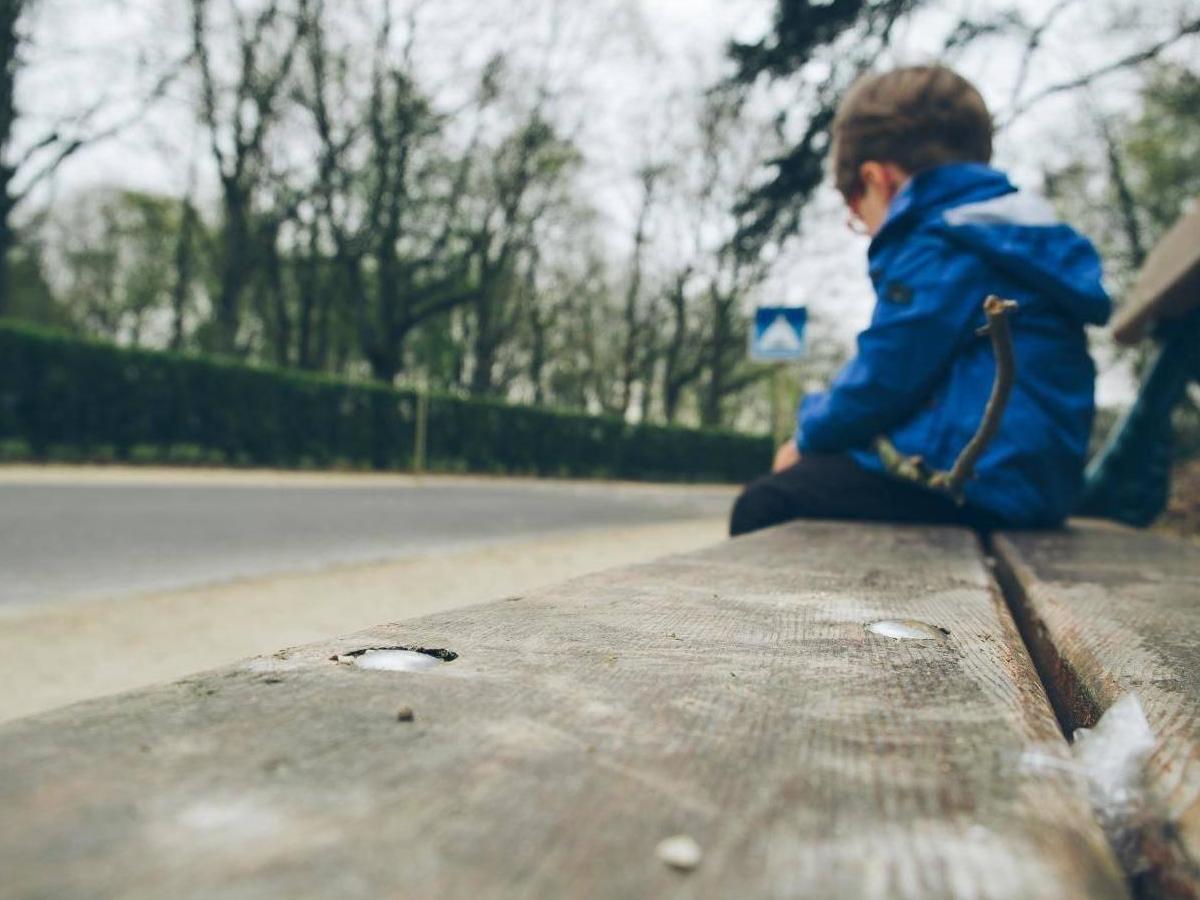Surge in children seeking mental health support from cash-strapped councils, figures show
Figures show 54 per cent rise in the number of youngsters identified by councils as having mental health problems

Your support helps us to tell the story
From reproductive rights to climate change to Big Tech, The Independent is on the ground when the story is developing. Whether it's investigating the financials of Elon Musk's pro-Trump PAC or producing our latest documentary, 'The A Word', which shines a light on the American women fighting for reproductive rights, we know how important it is to parse out the facts from the messaging.
At such a critical moment in US history, we need reporters on the ground. Your donation allows us to keep sending journalists to speak to both sides of the story.
The Independent is trusted by Americans across the entire political spectrum. And unlike many other quality news outlets, we choose not to lock Americans out of our reporting and analysis with paywalls. We believe quality journalism should be available to everyone, paid for by those who can afford it.
Your support makes all the difference.Soaring numbers of children seeking help for mental health issues have been blamed on savage cuts to local authority budgets.
Politicians and council leaders are calling on the government to inject funding into children’s services as an analysis of figures reveals the number of youngsters identified by councils as having mental health problems has surged by 54 per cent in four years.
The figure rose from 133,600 in 2014-15 to 205,720 in 2017-18, with more than 560 cases recorded every day last year on average.
The Local Government Association (LGA), which carried out the analysis, said children’s centres and family support services – “vital” for looking after children before problems become more serious – had lost 60p out of every £1 they had from central government over the past decade.
Some of these services have subsequently been stripped back or ended altogether, with about 1,000 Sure Start centres – which provide early years health and education services – having been forced to close down since 2010.
The LGA said there were currently 75,420 children in the care of councils and that there has been an 84 per cent increase of youngsters on child protection plans over the past decade, while nine in 10 councils are now forced to overspend their children’s social care budgets.
Public health services, which also support a child’s early development, have meanwhile seen cuts of £700m to their budgets over five years.
Barbara Keeley MP, shadow minister for mental health and social care, said the cuts to local council budgets had led to the loss of family support services. She described a “crisis in children’s mental health”, adding: “Without vital early intervention services, young people are needlessly ending up in crises.”
She said that, as well as investing more in mental health services for children and young people, the government must fund local councils “properly” to ensure they can provide family support services without which mental health problems escalate and become more serious.
Councillor Anntoinette Bramble, chair of the LGA’s children and young people board, said: “It is clear we are facing a children’s mental health crisis, and councils are struggling to provide the support young people so desperately need.”
She said funding pressures in children’s services and public health meant many councils were being forced to cut some of the “vital” early intervention services which can support children with low-level mental health issues and help them to avoid more serious problems in later life.
“It is absolutely vital that the government adequately funds these services in this year’s spending review, so we can tackle this urgent crisis and make sure children get the help they need. It is the least they deserve and the consequences of not tackling this crisis now can be devastating for young people and their families,” Ms Bramble added.
It comes after the Royal College of Psychiatrists (RCP) warned that massive cuts to Sure Start centres – shown to prevent thousands of hospital admissions a year and save the NHS millions – in poorer areas had heaped pressure on children’s mental health services and were fuelling the UK’s child mental health crisis.
Responding to the new figures, Dr Jon Goldin, vice-chair of the child and adolescent faculty at the RCP, said: “Both child and adolescent mental health services and social services are under increasing pressure, with inadequate resources to meet the need.
“Investing in early intervention and prevention is key and children’s centres and family support services can help prevent problems further down the line. Sadly, the fact that so many such centres have had to close down due to inadequate funding, is contributing to increased pressures in the system and more children are suffering as a result.”
A Department of Health and Social Care spokesperson said: “Our children’s mental health is a priority for this government which is why we are transforming services through the NHS Long Term Plan – backed by an extra £2.3bn a year – so that 345,000 more children and young people have access to specialist mental health care by 2023-24.
“Early intervention is vital and we’re going further, piloting a four-week waiting time standard for treatment, training a brand new dedicated mental health workforce for schools across the country, and teaching pupils what good mental and physical health looks like.”
Join our commenting forum
Join thought-provoking conversations, follow other Independent readers and see their replies
Comments